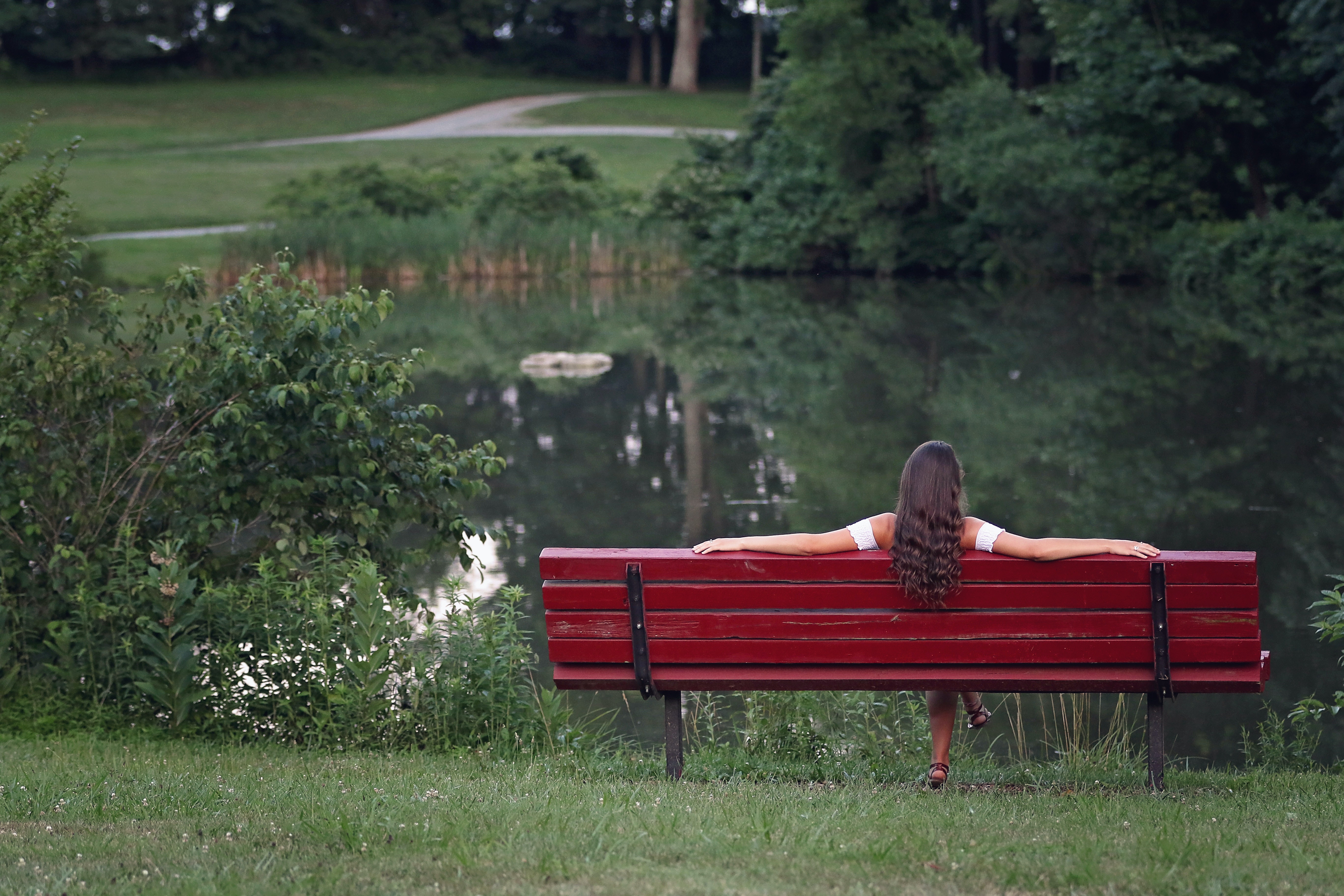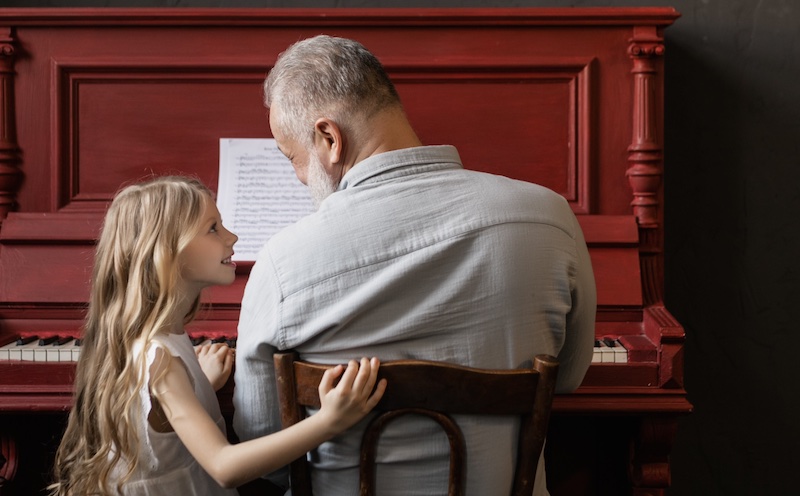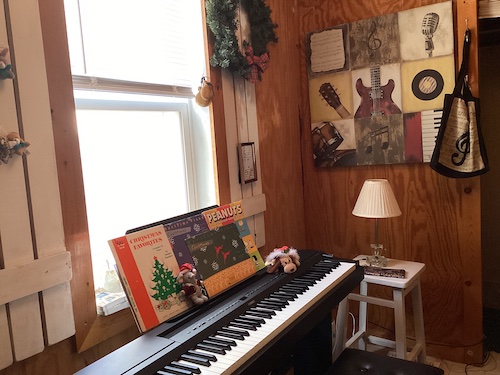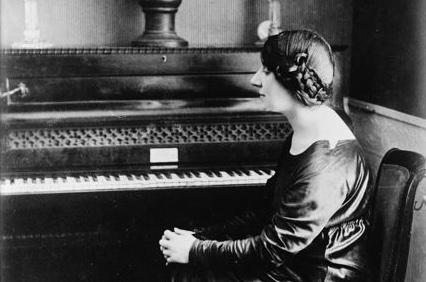📚 Review: Daring Greatly
Daring Greatly: How the Courage to Be Vulnerable Transforms the Way We Live, Love, Parent, and Lead by Brené Brown, Ph.D. LMSW
For piano teachers and students alike, there are many situations that make us vulnerable. Lessons, recitals, auditions, and teaching are a few of the many arenas we may find ourselves in. If you have ever felt afraid and thought that you are not good enough, I highly recommend this book.
This non-fiction, research-based psychology book teaches assertiveness, taking risks, and having courage. Brené Brown, Ph.D LMSW presents her extensive original research in shame: an overwhelming emotion with which many of us have suffered at one time or another. It is a subject that we often try to avoid. The purpose of Daring Greatly is to encourage people to take risks, especially in the face of possible failure.
Dr. Brown points out that many of our critics are not "in the arena" with us, they are on the outside and are often projecting their shortcomings on us. She describes the scarcity mindset, characterized by "never good enough," and contrasts that with the abundance mindset. Her practical recommendations for adopting this new mindset are clear and life-giving.
I learned that failure is necessary to one day be successful. I learned that what I create is not the same as who I am. I learned that I am not the sum of prizes and accolades I have collected from other people.
I'm finding joy in playing piano and teaching that I didn't have before. The love of music and curiosity that drew me to piano in the first place is back and I feel freedom to continue to learn. I have also written new music and entered competitions. Rather than stopping myself because I might not be good enough, I decided it can't hurt to try it out. I've had disappointments and hurtful words from professors in the past that I carried on my shoulders for over a decade. When that happens, why even try to improve? But by not taking their words personally, I have found that I have been able to thrive in ways I never imagined.
Dr. Brown's tone is humorous and colloquial. Her personal anecdotes are descriptive and realistic. Reading each personal story felt as though I was present in the scenario. (As a note, she does use profanity occasionally, so if you are sensitive to that form of language, please be forewarned!)
Some of my favorite quotes from this book:
"You know that you are far more than a painting, an innovative idea, an effective pitch, a good sermon, or a high Amazon.com ranking." (page 64)
"I have never heard one person attribute their joy, success, or Wholeheartedness to being perfect." (p. 128)
"Daring greatly is not about winning or losing. It's about courage." (page 248)
I encourage you to read this book and I hope that you find it to be transformative.
What books have helped you?





















